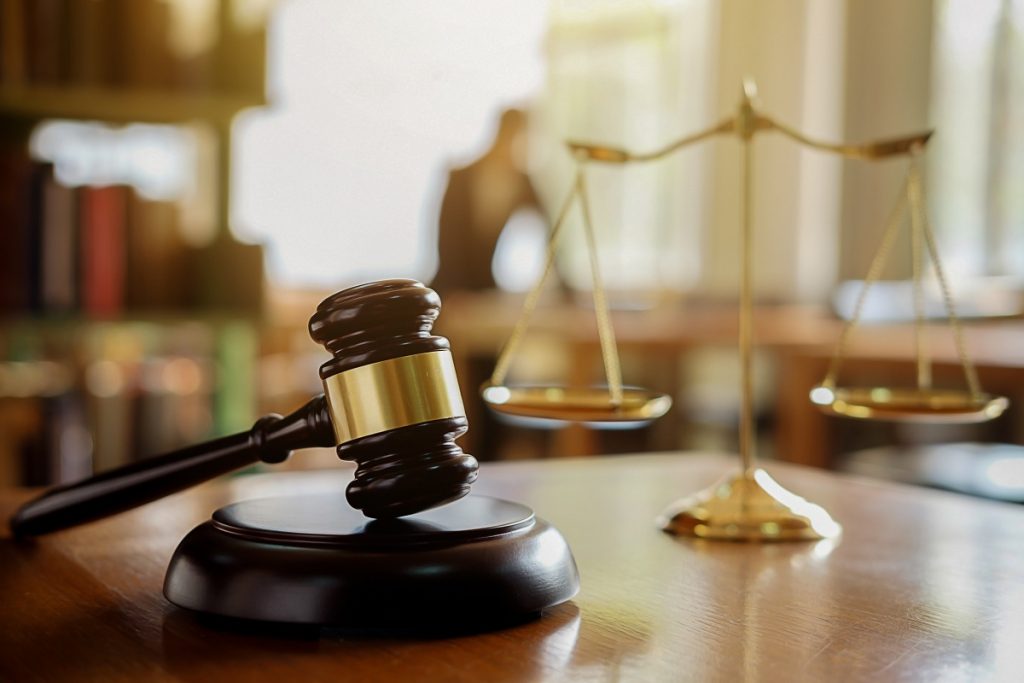Criminal charges are often more serious than civil cases due to the subject matter—but in terms of defense, civil and criminal cases are essentially the same. A good lawyer will immediately know which defense you can use, but the best ones can understand the type of defense that works best for your case.
In Lynnwood, for example, criminal defense lawyers are familiar with the types of defenses used in criminal charges. One of them is an affirmative defense, where new information is revealed that can nullify or reduce the impact of the case against the defendant. While they rely on technicalities, they’re still a very powerful basis that a defense counsel can use.
A word about affirmative defenses
Before considering using an affirmative defense for your case, it’s important to remember that jurisdictions can differ from state to state. Whether it’s in Lynnwood or Washington, it’s important for you and your lawyer to remember the exact wording and rules governing law, and how that will impact a criminal case that will use affirmative defense.
Finally, it’s important to remember that the burden of proof will rest on the defendant and their defense team. Since you are claiming facts that go beyond the testament of the plaintiff and witnesses, using an affirmative defense will often mean having to do extra research and legwork to find the exonerating evidence.
Types of affirmative defenses
Insanity Plea

Perhaps the most well known affirmative defense is the insanity plea. This excuses the defendants from their actions since they’re suffering from a psychological or psychotic episode at the time the crime was committed, and therefore, not in complete control of their actions.
The disadvantage of using this type of defense is that if it is indeed proven that the defendant has no control over their actions, the judge or jury will often recommend incarceration or rehabilitation in a detention center, which might be disadvantageous for a lawyer looking for their client to walk.
Necessary Action
A “necessity defense” can be used if there is proof that the crime or action was committed in order to prevent greater harm from happening to either the defendant or the plaintiff. This type of defense is often very specific in terms of how it’s used, and therefore, should only be considered when the proof gathered by the defense counsel is more than enough to exonerate the guilty party.
Self-defense
Finally, a self-defense basis for the accused can be argued if it can be conclusively proven that the action or crime in question was committed in order to defend either themselves, others, or their property from harm. This is an extremely common defense but can be difficult to prove due to the different cases from either the defense or the plaintiff’s accounts.
However, if self-defense can be successfully proven, it’s the best outcome for the defendant. Charges can often be dropped in its entirety, and it opens the plaintiff to a criminal lawsuit. It’s also easier to get evidence with the help of recording devices, such as smartphones and CCTV.

